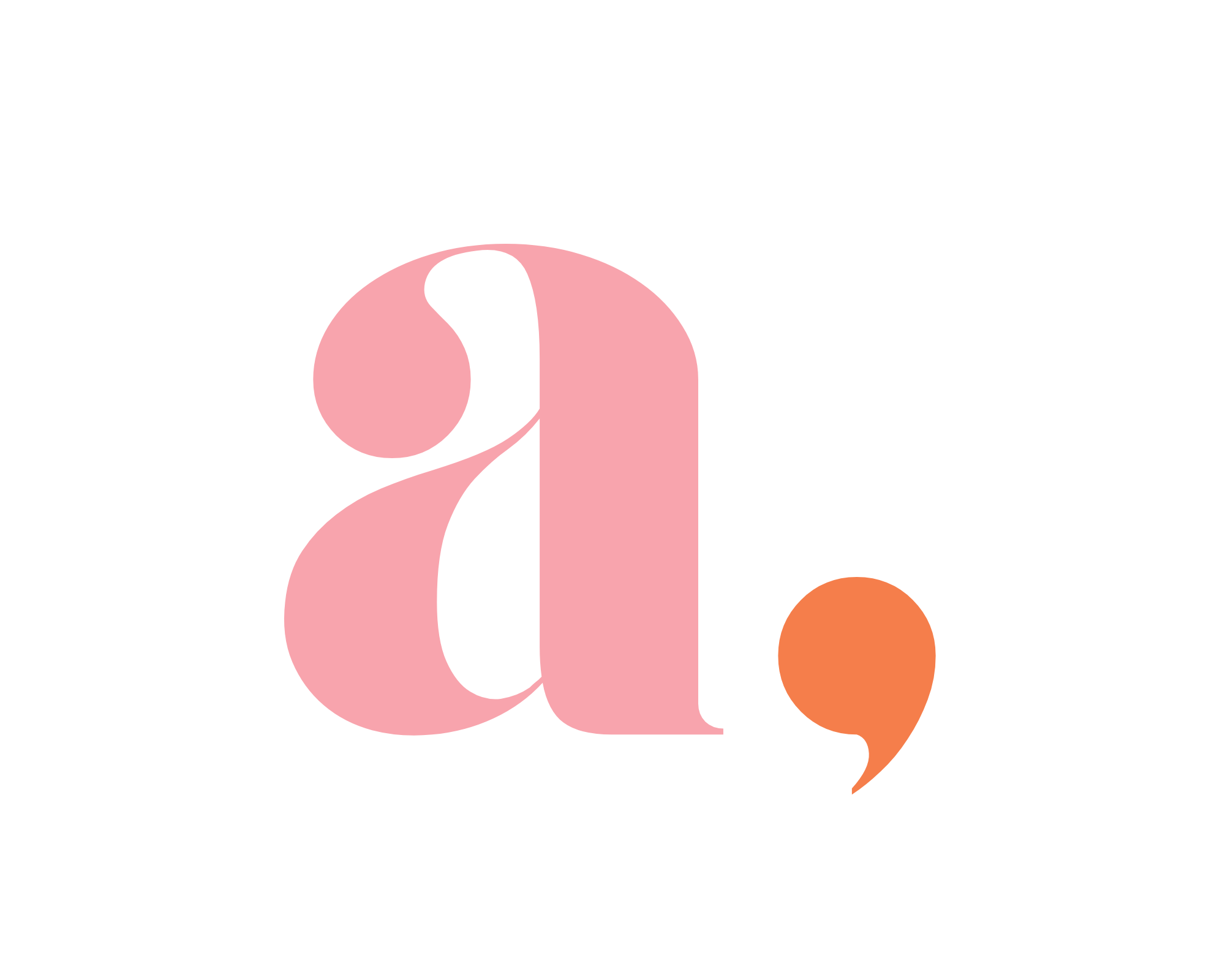ADHD (Attention Deficit Hyperactivity Disorder) is a condition that causes a variation of behaviours in people. Someone with ADHD may have symptoms like:
- Not being able to focus their attention for a long period of time
- Trouble carrying out tasks quietly
- Missing out details when working or studying
- Difficulty with organising their daily tasks
- Experience quick changes in energy levels
Both adults and children can have ADHD and, due to the inability to focus, it can have a pretty big impact on a person's study and work life.
Even though this may feel like a barrier at first, there are actually specific study strategies and tips that can help anyone with the condition. Let's take a look at what they are to help boost your performance, increase self-esteem and excel in future opportunities! 🎉
Let's get into it..
#1 Take One Step at a Time (Including the Tips on this List!)
It's common for anyone with ADHD to feel overwhelmed with a list of things to do. It can be quite daunting seeing a large amount of tasks to complete, and may throw you off from doing any of them at all.
The first thing to do is to accept that you don't need to be super-ultra-productive and actually, those sort of self-expectations can cause more discouragement later down the line.
Be easy with yourself. Trying to cram in loads of topics at once will – in any case – make it tough to absorb knowledge. Start with a topic that you find the easiest and that way you'll achieve a comfortable start to your study session – and that's a pretty big win itself!
#2 Keep an Eye on the Time ⏰
A person with ADHD can lose track of time more easily. They may also become so engrossed in a particular task that they are unaware of how much time has passed by.
If you're someone who usually misjudges how long a task will take to do, then making time visible is a really useful way to monitor yourself.
You can either sit in a place where you can easily see the clock, wear a watch, or stick a timer on your phone during your study sessions. These prompts are not there to add pressure, but instead simply remind you of how much time has gone by, and let you hit target goals.
#3 Cut Down on External Commitments When Studying 📚
ADHD can mean a person is more impulsive with their decisions and will easily switch from one task to another.
Try not take on any new activities during your designated study days because, while you're studying, you may be thinking about the other things you signed up to do!
Keep your schedule strictly for revision or exam prep and remove anything else that will demand your time and attention.
#4 Repetition is Key 🔑
It's common for someone with ADHD to have slight impairments in their working memory. What this means is, because it's harder to pay attention to some things, they are less likely to form memories with important information.
To improve your memory of something, a key thing to do is to repeat the information over and over again.
You'll want to take notes 📝 in lectures and seminars, read the specific chapter again 📖 once you get home, and then spend time internalising the notes 👩🏽💻 you made earlier. This 'three times' rule is a great way to ensure the important stuff gets really absorbed into your mind!
#5 Use Digital Planners or Google Calendar
Any sort of digital organising platform is really helpful when it comes to:
- Planning your days or weeks ahead
- Having a specific time slot for each task
- Visibly being able to tick things off
- Feeling more accomplished at the end of the day
Google Calendar can be accessed on your phone, tablet or any digital device so you always have a way of seeing what needs to be done. As someone who struggles to stay on top of tasks most of the time, putting everything into one calendar helped me keep myself accountable and it let me tick off everything in different colours to help me stay motivated! Why not give it a try for yourself? 😌
#6 Reread Assignment Briefs Before Getting Started 📖
Coursework (or assignment) briefs often cram a load of important information into one massive document that can be a little overwhelming.
It's not always easy to understand what the assignment is asking of you and, as a result, some pretty significant details can be left out or misread.
Once you've read the brief, take out a highlighter and make the specific instructions pop with colour. Then you'll want to bullet point the structure of your report and make sure everything from the criteria is ticked off as you type away.
#7 Be Okay With Taking Frequent Breaks
This sort of links to our first point about 'taking each step as it comes'. Taking frequent breaks is proven to increase productivity because it allows your brain to internalise snippets of information instead of long hours worth.
The Pomodoro Technique talks about taking a 5-minute break after 25 minutes of studying. This can be just getting up to make a cup of tea or walking around to stretch your legs. It gives you the chance to recharge and regain focus for the next study session!
Breaks are a really useful way of rewarding yourself, too. You can even plan what your break will look like, for example, taking a walk to the local shops or cooking up a new recipe so that you look forward to it and stay motivated.
#8 Keep Your Study Desk Super Minimal 🖥
To avoid as many distractions as possible, we'd recommend clearing your desk completely and only having the necessary items in sight i.e. pens, notebook, laptop and learning resources.
Try to keep your phone away from your workspace because – let's face it – endlessly scrolling on Instagram or TikTok will end up getting the better of us! As they say, out of sight = out of mind 😎
ADHD Study Tips Summary
Sometimes a person may view their ADHD as a slight barrier to achieving amazing results but this doesn't need to be the case! It's all about knowing your body, routine and comfortability levels, and finding what works best for you.
Attaining some of the steps that we've mentioned above can help improve productivity when we feel procrastination might be getting the better of us.
Have a go at some of these study strategies and feel free to share this article to help someone else make the most of their study sessions. 💓








Member discussion